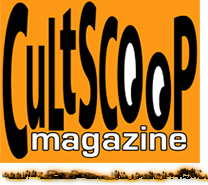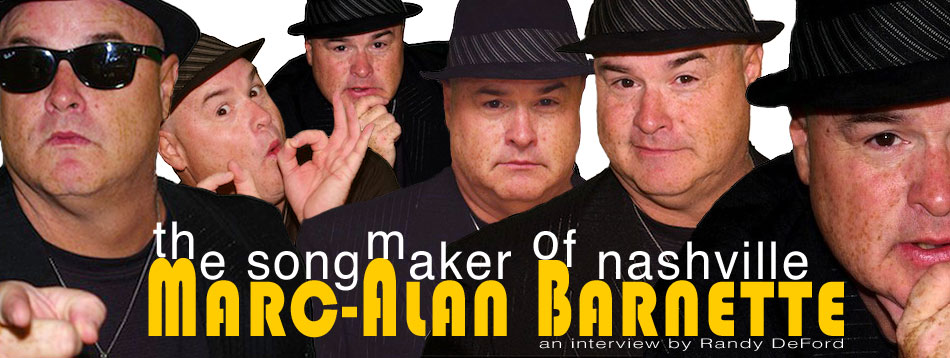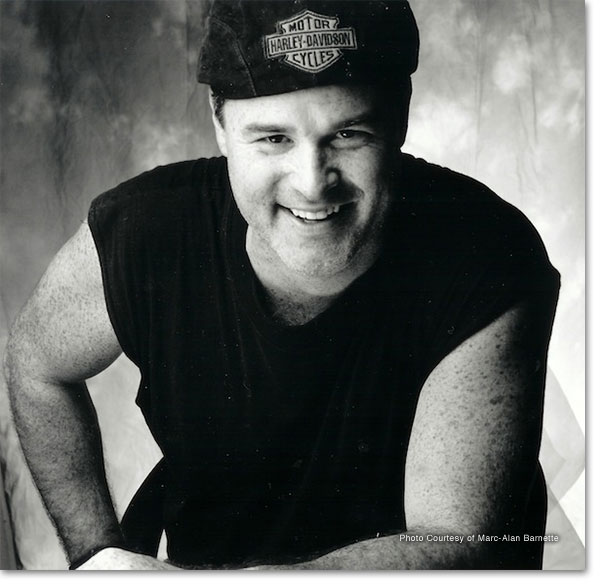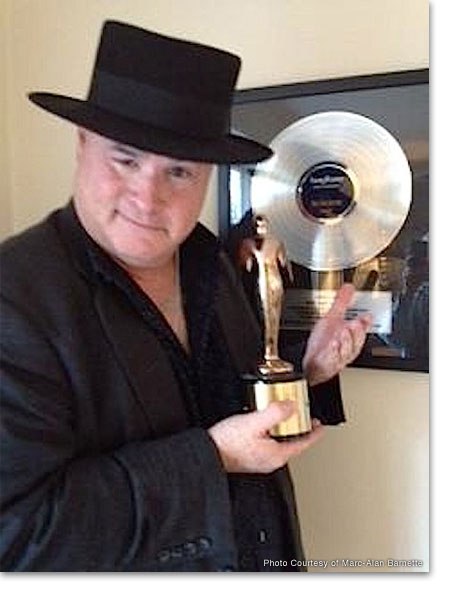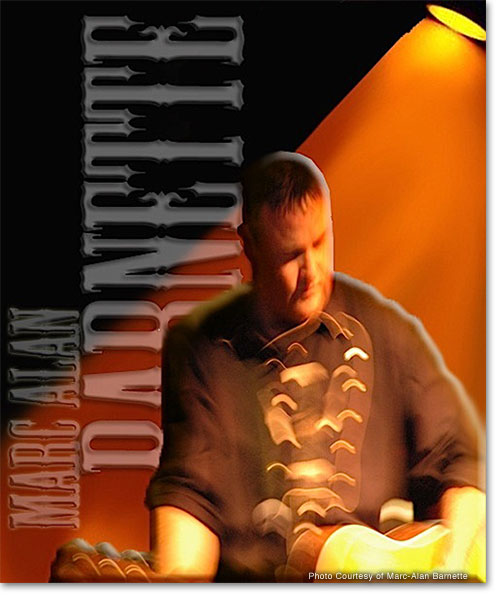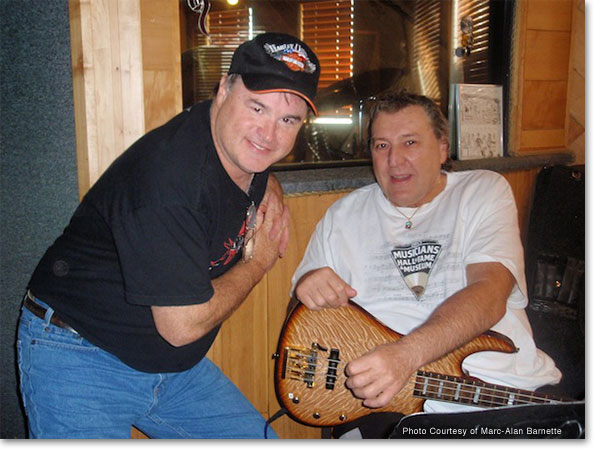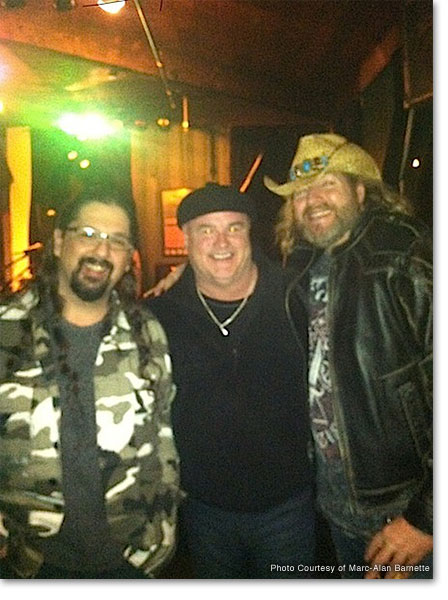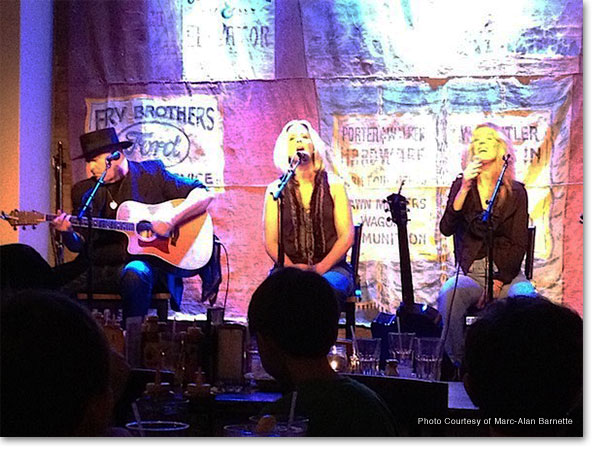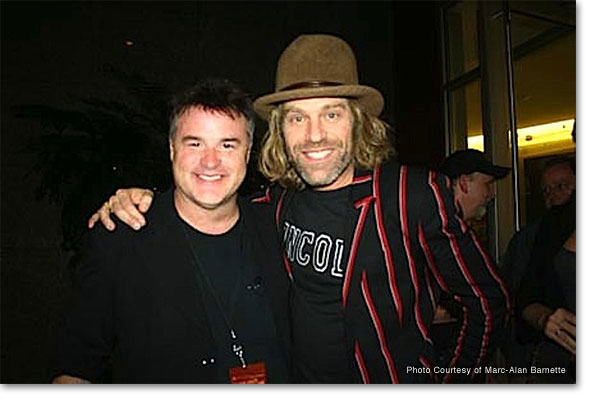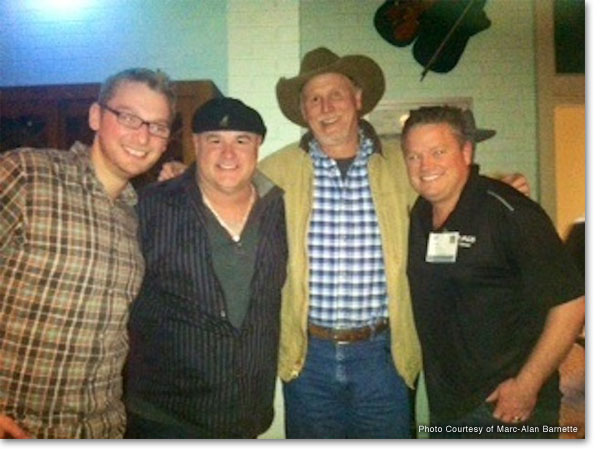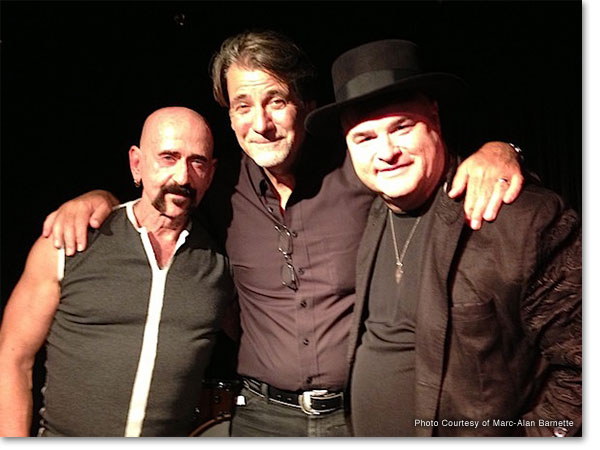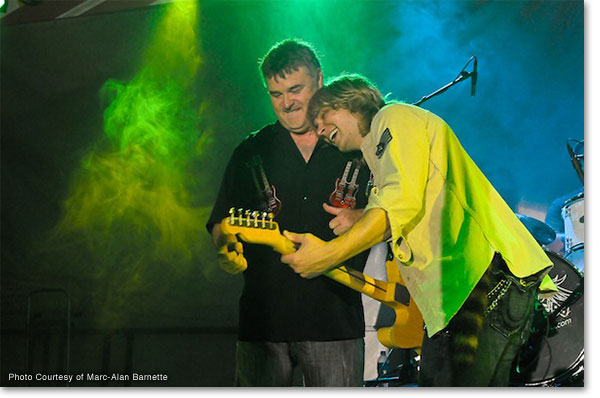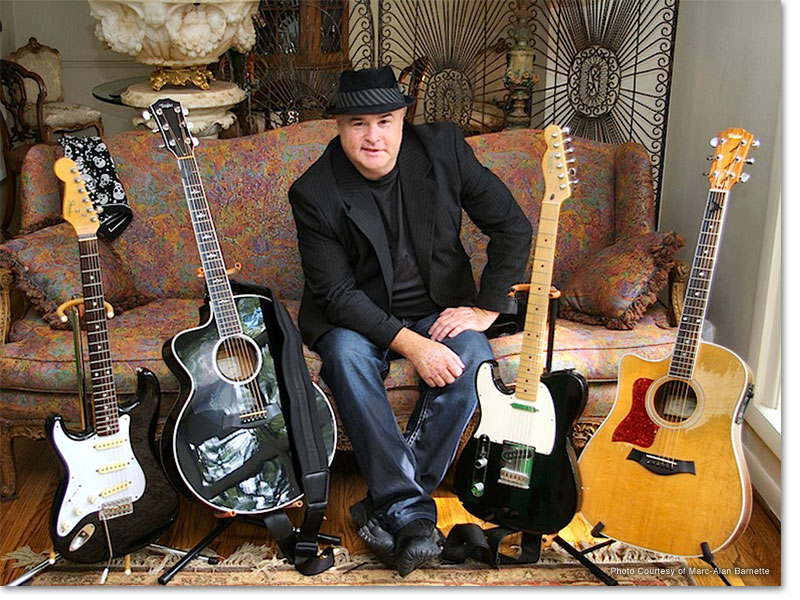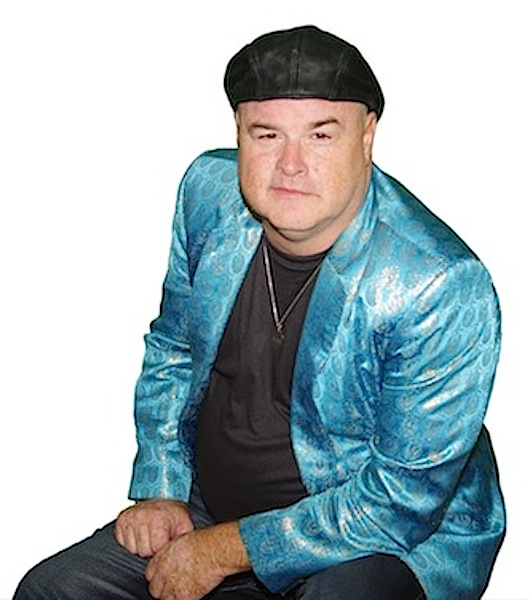|
||||||||||||||||||||||||||||||||||||||||||||||||||||||||||||||||||||||||||||||||||||||||||||||||||||||||||||||||||||||||||||||||||||||||||||||||||||||||||||||||
|
Randy DeFord: What musical styles first grabbed your attention?
RAD: What events influenced your decision to move to Nashville? MAB: I had a 12 year career in rock bands out of high School in Birmingham, Alabama before Nashville. It culminated in 1984, when my Band, 24 KARAT, won the MILLER HIGH LIFE ROCK TO RICHES NATIONAL BATTLE OF THE BANDS. We won a MCA contract, and out of about 30,000 bands, we got to go to LA and be rock star for a week. But like most contests, once they are over, they are OVER, and the band broke up in 86. I met a guy in Birmingham named Ron Muir who had lived in Nashville for ten years and had some success with cuts by Ronnie McDowell and Jim Ed Brown and Helen Cornelius in the 70's. He mentored me and taught me about Nashville. I had always loved country music with George Jones and Alabama; so it was a no brainer to switch to country music. It was all changing at that time, and rock was going darker with Nirvana and those types of bands. I didn't leave rock; it left me. And Country picked up. So Nashville was an easy decision. RAD: Nashville is known for its wealth of writing talent. What is your experience with the songwriting community? MAB: I'm one of those weird guys who hit the ground running. I made three trips up first to check it all out, recorded my first album and auditioned at the Bluebird. I was playing there almost immediately, and on my first night in town, I made the connection that led to my first cut on Grammy winning artist, Shelby Lynne. I never really had to chase after other people as things came to me. For awhile, people thought I was going to be "THE NEXT BIG THING," but I ended up being the "Patron Saint of the Almost There!" Things always got close: record deals, publishing deals, cuts, you name it. I was close, but it never quite fell together. Just the way of the business. Taught me patience.
RAD: Have you worked in other cities than Nashville? MAB: I grew up in Birmingham but have played most of the states. At first a lot in the south: Alabama, Florida, Georgia, Louisiana, Kentucky, North Carolina and South Carolina. Then spreading out over the years to Utah, California, Arizona, Texas, Montana, New Mexico, Idaho, Nebraska, Missouri, Indiana, Illinois, etc. As far North as Canada and as Far South as Cozumel and Key West, you get the idea. Between clubs, concerts songwriters workshops, mentoring, and charity events, there are not many states I have not been to. Even went to Brussels, Belgium to represent the Bluebird. I've been everywhere, man! Wish I'd wrote dat! LOL!
MAB: Are you kidding? My ENTIRE LIFE is a story. But I guess the most interesting was that first one, the Shelby Lynne cut. The idea came from my Father, Grady Barnette, who was my best friend, and we were in business together, buying, selling and restoring collector cars. He always had HORRIBLE ideas for songs and would try to get me to write one. Finally, he came up with this one about a trucker (OH NO!!!!) who went to a doctor to find out what was wrong with him since his woman left. That was not that bad and to shut him up, myself and Ron Muir wrote it with him. To make a long story kind of short, the song, THAT'S WHERE IT HURTS became one of the songs on my first recording session. Even got JD Sumner (Elvis' bass singer) to sing on it. He had known my Dad from the 50's when they were both Gospel Quartet singers. My Dad even sung with the original Oak Ridge Boys for awhile. At any rate, my first night in town, I went to a writers night, was the first to sign up but the last to play. There were three people in the bar, and one of them, a guy, approached me and asked me if I had a tape. I did and gave it to him. But at that time, I did not have a Nashville phone number; so there was no way to contact me. Months later, I saw that guy again, and he said that they were trying to find me at Tree Publishing. They had been hearing the songs, because that first guy's roommate worked at Tree. A producer, Billy Sherril, who discovered George Jones and Tammy Wynette, had been walking by an executive's office, heard the song and wanted to cut It on this new act he was producing, Shelby Lynne. That song ended up on a WILLIE NELSON / KRIS KRISTOFFERSON TVMovie, called ANOTHER PAIR OF ACES. It got us in the movie, got us some decent money and got our names in PEOPLE MAGAZINE. My Dad used to mess with me because it was the only song he ever wrote. He would say, "I don't know what's so hard about writing songs." That's kind of my favorite.
MAB: That's a pretty hard one, because I don't think there is ever just one. I would think you have to look at IMPACT on the field in a broad context, and that would be someone who has been around for a long time. For me, that would probably be Don Schlitz. From the Gambler, to most things of Randy Travis, to hit after hit. Of course if you go back to the early days, you'd have to say Hank Sr., Harland Howard, Bobby Braddock, etc. The list goes on and on. I can't name just one. RAD: Nashville is the home of many famous musicians who play sessions in the city. We know you've worked with the likes of the late Motown Funk Brother, Bob Babbitt. As a musician, are there other players that you've had the pleasure of working with over the years? MAB: Bob was the definite high point. On that same session was Tommy Wells on drums who has also passed on. Tommy was a great drummer who played in the later days of Motown with Jimmy Hall and a bunch of Southern rockers. I was able to work with Larry Butler, who won a Grammy for The Gambler as producer, the only Nashville producer to ever do that. Others would be Chris Luzenger, guitar for Garth Brooks, the late Brian Barnett, drummer for Big and Rich and Hank Jr., Fiddle Player, Larry Franklin, George Straight
RAD: Do you have a formulaic approach to writing, or is it more spiritual? MAB: I'm VERY FORMULAIC. Since I actually TEACH by doing, I am SHOWING someone how to build these songs. I try to find realistic situations out of their (and my own) lives. I picture the video scene in my head and write from the first line down. I do lyrics on a yellow pad before I transfer to my laptop. I get conversations going and pick up pieces of
RAD: What accomplishments do you hold as your best work?
RAD: We understand you coach other writers. Explain what that involves and what the paybacks are for that kind of mentoring? MAB: Doing this for about 35 years now, I have been through pretty much everything a writer or artists will go through. From starting at 14 with your Father taking you around to gigs and trying to help you, to winning major contests, to getting cuts, publishing and record deals, AND having so many things fall through, I can pretty much help anyone at any stage of their journey. And many need help in different ways. I do SONGWRITER and ARTISTS TOURS of Nashville. The "Tour" is through the past, present and future of the participant or group. I find out what they have done, where they come from and who they are as people and artists. With younger writers and artists, they lack life experiences. So I show them how to find things around them they can work with. I work on performance abilities; I help them in the studio; I introduce them to others that might help them. I pair them up with other co-writers. I answer questions fill in the blanks. And I help them develop a step by step approach on how to keep their career going.
|
||||||||||||||||||||||||||||||||||||||||||||||||||||||||||||||||||||||||||||||||||||||||||||||||||||||||||||||||||||||||||||||||||||||||||||||||||||||||||||||||
